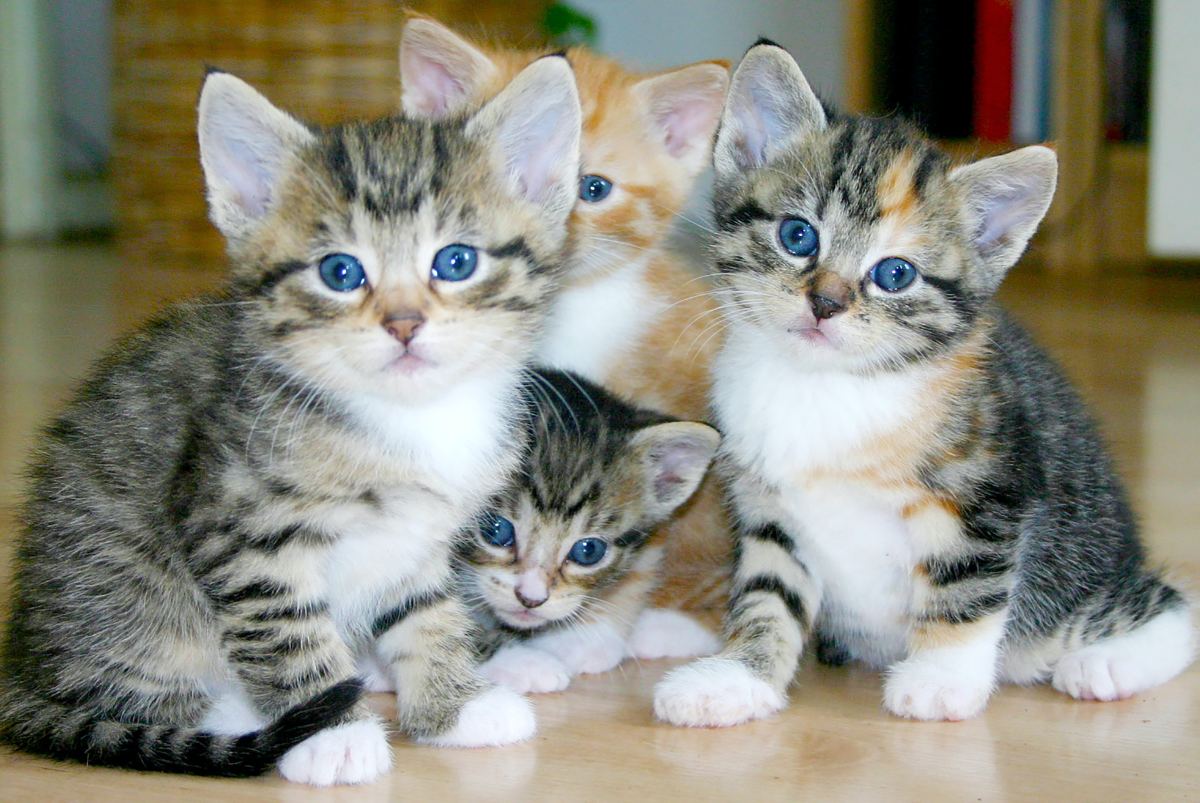
Cats are prolific breeders, and they can have multiple litters in a year. However, it's important to consider the health and welfare of the cat and her kittens before deciding how many litters she should have. Here are some factors to consider when deciding how many litters a cat should have:
-
Age: Cats can become sexually mature as early as 4 months old, but it's recommended to wait until they are at least 6 months old before allowing them to mate. Once a cat reaches 7 or 8 years old, she may start to have more difficulty with pregnancy and labor. Therefore, it's recommended that cats have their first litter by the age of 5 years old, and no more than two litters per year after that.
-
Health: It's important to consider the cat's overall health before breeding her. Cats should be up-to-date on their vaccinations and have a clean bill of health from a veterinarian. Breeding a cat that is sick or has underlying health conditions can lead to complications during pregnancy and labor, putting the health of the cat and her kittens at risk.
-
Welfare: It's essential to consider the welfare of the cat and her kittens. Breeding a cat too frequently can lead to physical and emotional stress, putting her health and welfare at risk. Additionally, if the cat is not adequately cared for during pregnancy and labor, it can lead to complications and potentially harm the kittens.
-
Overpopulation: There are already millions of cats in shelters and on the streets, and breeding cats without a plan for their offspring can contribute to overpopulation. It's essential to consider whether there is a need for more kittens in the area before breeding a cat.
Based on these factors, it's generally recommended that cats have no more than two litters per year. This allows the cat enough time to recover between pregnancies and reduces the risk of physical and emotional stress. Additionally, spaying or neutering your cat can help reduce the number of unwanted litters and contribute to reducing overpopulation.
In conclusion, it's important to consider several factors when deciding how many litters a cat should have, including age, health, welfare, and overpopulation. While cats are prolific breeders, it's essential to prioritize the health and welfare of the cat and her kittens before breeding. Spaying or neutering your cat is a responsible way to reduce the number of unwanted litters and help reduce overpopulation.
